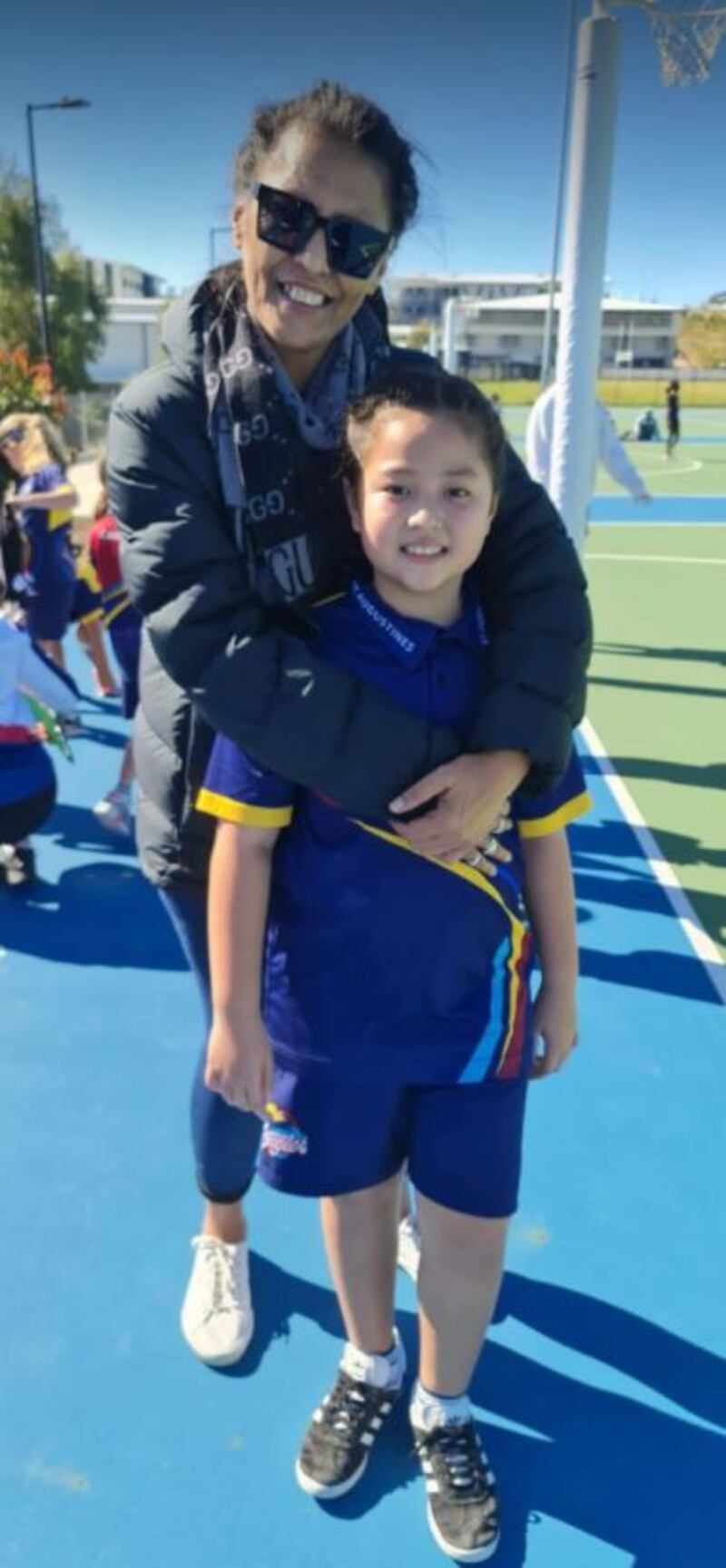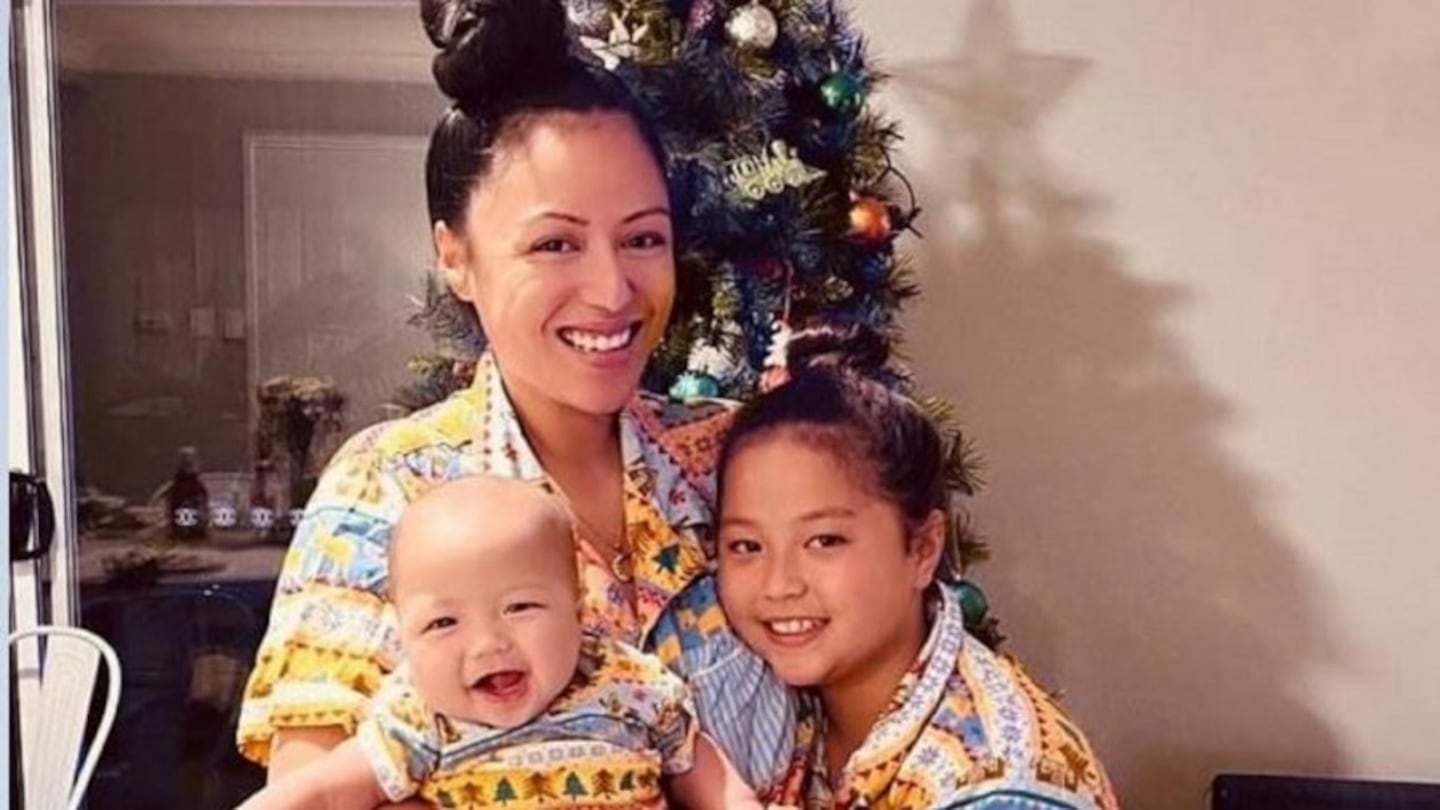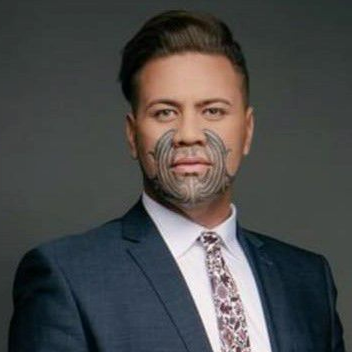Photo / Supplied
Crystal Cassidy Tahana of Te Rarawa lives in Brisbane where more than 177,000 active Covid-19 cases have been recorded. In the last 24 hours, Queensland health authorities have confirmed over 23,000 positive cases, statistics that she says are frightening.
“It's pretty scary because there was no build-up, we went from zero cases before Christmas to now over 20,000 in 24 hours.”
After spending much time talking to medical professionals and whānau, Crystal and her partner Adam have made the decision to vaccinate their 9-year-old daughter Alexis for the safety of the whole whānau.
“She's a very social kid. We didn't want to put a rope around her and be like, 'you can't go out anywhere because there's Covid everywhere'.”

Crystal's mother and daughter Alexis. Photo / Supplied
“My mum is also a breast cancer survivor and has had chemotherapy, so she has no immune system at all. She's active with the kids, she's here all the time. Would a hug potentially put mum in ICU?, I don't know. We don't know but that's something we don't want to risk," Crystal says.
As a palliative nurse, Crystal has seen first-hand how Covid-19 affects people and their families. She advises whānau to get the appropriate information and make an informed decision when it comes to vaccinations for their children.
“Previously, the children were unaffected, allowing them to attend school. It didn't use to affect the children but now it does. That's quite frightening,” she says.
Vaccinating Tamariki in Aotearoa
From Monday, parents will have the option to vaccinate their 5 – 11-year-old tamariki. The Ministry of Health says that the Pfizer vaccine for tamariki is a lower dose and smaller volume.
The lower dose was chosen based on a trial that showed it was safe and had few side effects in this age group.
Tamariki need two doses of the vaccine to be fully protected. The ministry recommends these are at least eight weeks apart.
Crystal encourages whānau to make robust decisions and to think of the overall health and well-being of the whole whānau.
“It’s your choice, I'm not judging you for not getting your babies vaccinated. I'm not judging you for being vaccinated. At least, we know our babies are protected,” she says.




